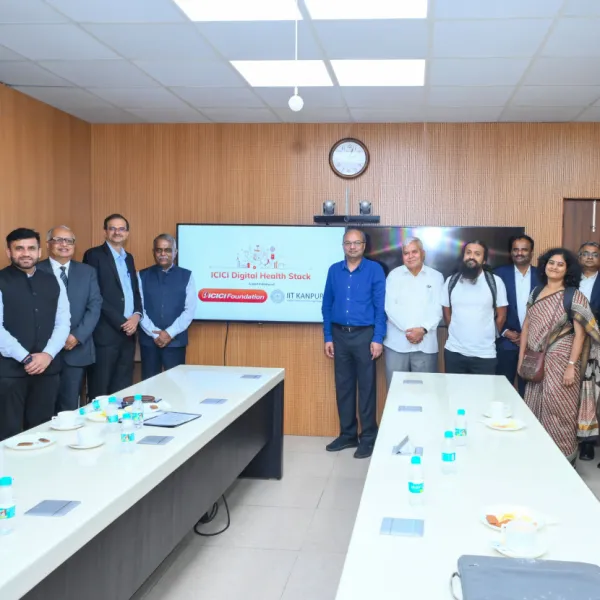IIT-BHU Scientists Develop Tool to Tackle Drug-Resistant Viruses

The research aligns with India’s National Health Initiatives, such as Integrated Disease Surveillance Programme (IDSP) and National Programme on Containment of Antimicrobial Resistance (AMR).
Indian Institute of Technology (IIT) BHU, Researchers have developed a new technology to study how viruses evolve and evade drugs.
The framework focuses primarily on resistance to sotrovimab, a monoclonal antibody used against Coronavirus (SARS-CoV-2), but it can also be applied to other pathogens and infectious diseases.
Led by Aditya Kumar Padhi, an assistant professor at the School of Biochemical Engineering, the research was also published in the Biophysical Journal.
The team members of Laboratory for Computational Biology & Biomolecular Design contributed significantly to understanding resistance mechanisms against several other antiviral drugs. Additionally, Padhi said there were plans to make this framework freely available to scientists and doctors worldwide to support the global fight against drug resistance.
He also added, “We developed this framework to address complex healthcare problems like antimicrobial resistance using integrated conceptual methods. Its modular design makes it suitable for a wide range of biomedical and healthcare challenges.”
The integrated multi-scale computational framework combines several advanced computer-based methods, including protein design, machine learning, hybrid QM/MM, and multi-scale simulations.
The given framework helps to identify mutations or changes in viral proteins leading to drug resistance. As the virus begins to mutate rapidly, this framework may help anticipate how it might resist treatments in the future.
IIT-BHU Director Prof Amit Patra said, "Such advanced technologies reflect the scientific leadership of Indian institutions like IIT-BHU in research and innovation, particularly in tackling infectious diseases and major public health challenges.”
Additionally, the current study also applies for other diseases, including cancer and Urinary tract infections. The team at Laboratory for Computational Biology and Biomolecular Design (LCBD) contributed significantly toward understanding resistance mechanisms against several antiviral drugs and monoclonal antibodies.
This framework offers a tool to predict and tackle drug resistance in viruses and other diseases. By making it accessible globally, the team aims to support ongoing efforts in combating evolving health threats.
Stay tuned for more such updates on Digital Health News.
Stay tuned for more such updates on Digital Health News































